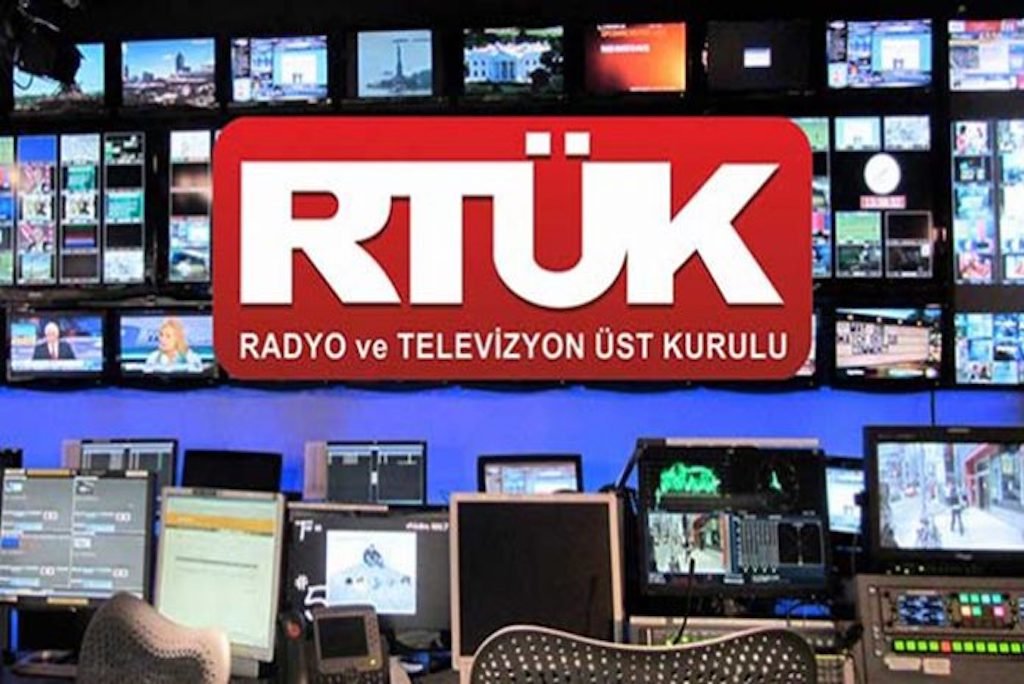A total of TL 7,990,000 ($423,000) in fines has been imposed by broadcasting watchdog the Radio and Television Supreme Council (RTÜK) on three TV stations for their coverage in the aftermath of two major earthquakes that struck Turkey last month, Turkish Minute reported citing the Artı Gerçek news website.
A 7.8-magnitude earthquake struck Turkey’s south on Feb. 6, which was followed by a number of aftershocks including a 7.5-magnitude temblor that jolted the region, killing more than 44,000 people in Turkey, according to the latest official figures.
Following the earthquakes, Turkish President Recep Tayyip Erdoğan and his ruling Justice and Development Party (AKP) were accused of poor performance in coordinating search and rescue efforts, mainly failing to mobilize enough people and a lack of coordination among the teams, which resulted in civilians trying to pull their loved ones from under the rubble themselves.
Last week, the council convened and imposed fines on Tele 1, Halk TV and Fox TV in addition to a five-day broadcasting ban on Tele 1 and Halk TV.
RTÜK member İlhan Taşçı, from the main opposition Republican People’s Party (CHP), on Wednesday said in a tweet that the total amount of the fines imposed on the TV stations last week was TL 7,990,000 ($423,000).
He added that the AKP government’s move to punish outlets focusing on its poor response to the massive earthquakes was a sign of what is to come as Turkey readies to hold parliamentary and presidential elections in May.
The fine and ban were imposed on Tele 1 due to a program hosted by the station’s editor-in-chief Merdan Yanardağ during which a so-called construction amnesty was criticized and cited as one of the reasons for the devastation caused by the earthquake.
According to RTÜK, there was an attempt to provoke hatred and enmity among the public during the program.
Halk TV was given the fine and broadcasting ban due to the remarks of Ahmet Şık, a former journalist and a lawmaker from the Workers’ Party of Turkey who spoke to the station from the earthquake zone and criticized the government due to its slow response to the tragedy.
Taşçı had previously said RTÜK’s actions against the TV stations, which tried to make the voices of the thousands of earthquake victims heard and show the scale of the tragedy, is not only a crime but a betrayal of the profession of journalism.
“Their only concern is to not lose power in the elections,” he said.
RTÜK is accused of contributing to increasing censorship in the country by imposing punitive and disproportionate sanctions on independent television and radio stations critical of the Turkish government.
According to Reporters Without Borders (RSF), 90 percent of the national media in Turkey, which was ranked 149th among 180 countries in the RSF’s 2022 World Press Freedom Index, is owned by pro-government businessmen and toe the official line.














